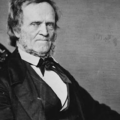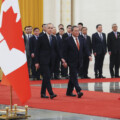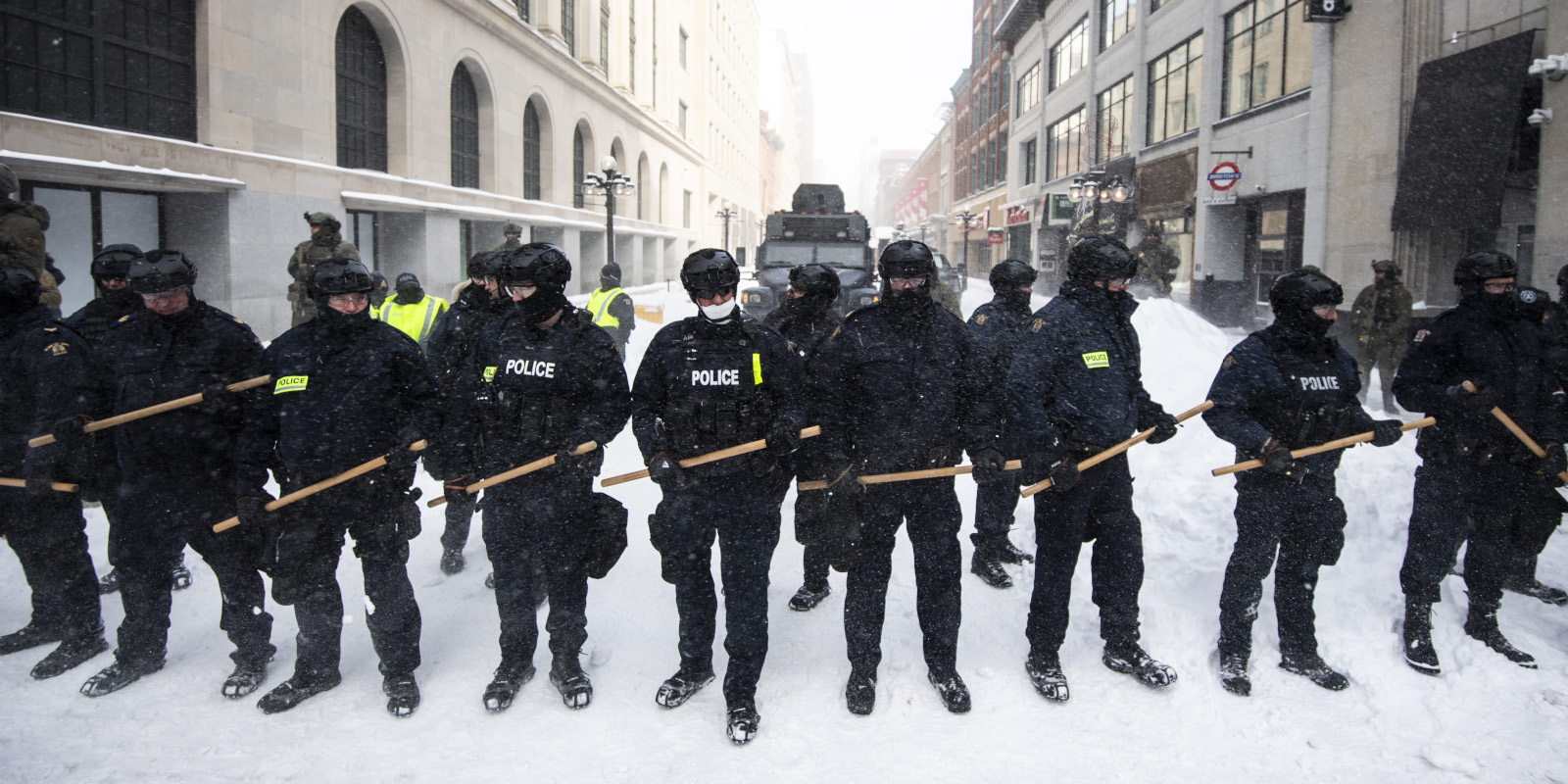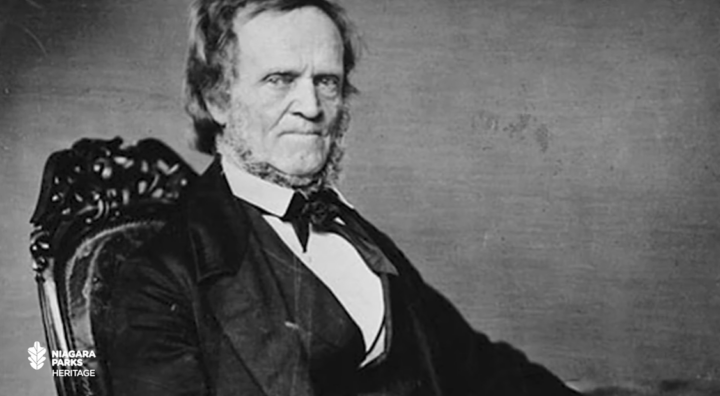Four high-profile journalists gathered in Toronto on Wednesday to debate the trustworthiness of the mainstream media and Canada’s trucker protests provided a ready-made case study.
The results of the Munk Debate, which was held at Roy Thomson Hall, suggest there is a growing skepticism of the media and its ability to cover big issues.
Before the debate, 48 percent of the audience agreed with the resolution and, after the closing statements had been made, a whopping 67 percent agreed with the idea that the mainstream media is not to be trusted.
The debate featured Substack author Matt Taibbi and author and political commentator Douglas Murray arguing that the mainstream media is not to be trusted, while New Yorker writer Malcolm Gladwell and New York Times columnist Michelle Goldberg argued in favour of mainstream media. The debate was moderated by The Hub‘s executive director Rudyard Griffiths.
Much of the debate revolved around important news stories that Murray and Taibbi argued the media had ignored or gotten wrong. There was some consensus on the trucker protests, though, with both sides agreeing that the protests, which swept across Canada in early 2022 and which gridlocked the nation’s capital with heavy machinery, were more complicated than portrayed.
Murray and Taibbi both argued that the natural curiosity required for news reporting has been replaced with an ideological cookie-cutter, which inhibits the media’s ability to cover issues on the right.
“When people come out in large numbers, the job of reporters is to go out and say, why are you on the streets? What brought you here? Why are you here with your kids? Why have you got a bouncy castle in the middle of Ottawa? That’s a bit strange,” argued Murray.
Murray said the federal government “did all the things you do in the modern political age if you want to just defenestrate somebody who’s awkward to you,” which is to call them misogynistic, homophobic, and white supremacist.
“Now, at such a time, what would the mainstream media do? It would question it. The Canadian mainstream media did not. The Canadian mainstream media acted as an Amen chorus of the Canadian government,” said Murray.
Murray argued that the reason for this failure was the significant government subsidies flowing to media organizations, which reduces their incentive to be combative and skeptical.
Michelle Goldberg, a left-leaning New York Times columnist, said she travelled to the trucker protests in Ottawa as part of her mainstream media job and found a story she wasn’t expecting.
“I showed up at the Ottawa trucker protests kind of expecting the things that I’ve seen at Donald Trump rallies, at various even further-right events, and didn’t find it. I was really quite astonished,” said Goldberg.
Goldberg argued that the mainstream media has always been more interested in a counterintuitive story over any kind of ideological purity.
“People were hugging each other, people were hugging me even though I’m from the hated mainstream media. I told my editors that this is what I found and they said, ‘Great. That’s more interesting than what we thought you were going to find.’ It was more interesting and I wrote it, and they devoted an entire page to it,” said Goldberg.

The story Goldberg found was about a community of people who had been politically lonely for a long time and had finally found something worth gathering for.
Taibbi argued that journalists have become isolated from some of their readers and viewers, which means they can be spectacularly wrong about events that are outside their own bubble. Taibbi pointed to the elite consensus that Donald Trump couldn’t beat Hillary Clinton in the election as proof.
“When you’re a writer, when you’re a journalist and people don’t trust you, it’s always your fault. It’s always a communication problem. I remember covering the 2016 presidential campaign, the news media couldn’t have gotten that story more wrong for longer,” said Taibbi.
Gladwell argued that it’s a misconception to believe that the media’s job is to predict the future or to always get everything right. Newspapers and magazines offer corrections when they get things wrong, which is less true of the independent or ideological media, he argued.
“There’s a weird obsession with the two of them with the notion that media occasionally gets things wrong. I wonder if they have confused the role of journalists with that of stockbrokers,” said Gladwell.
“Sometimes that means you go down some dead ends and you chase stories that don’t turn out as you want them or wish them or hope that they would turn out, but that is the nature of the business, and if that business seems uncomfortable to you, then I would suggest you should go into stockbroking,” he said.
Recommended for You

William Lyon Mackenzie is worth the drive, if you can find him

‘The mainstream media forfeited so much trust’: Former New York Times editor on how activism kills journalism

Young conservatives must reject growing identity extremism

‘We’ve seen this movie before’: Why Carney is rolling out the welcome mat for Chinese state media



